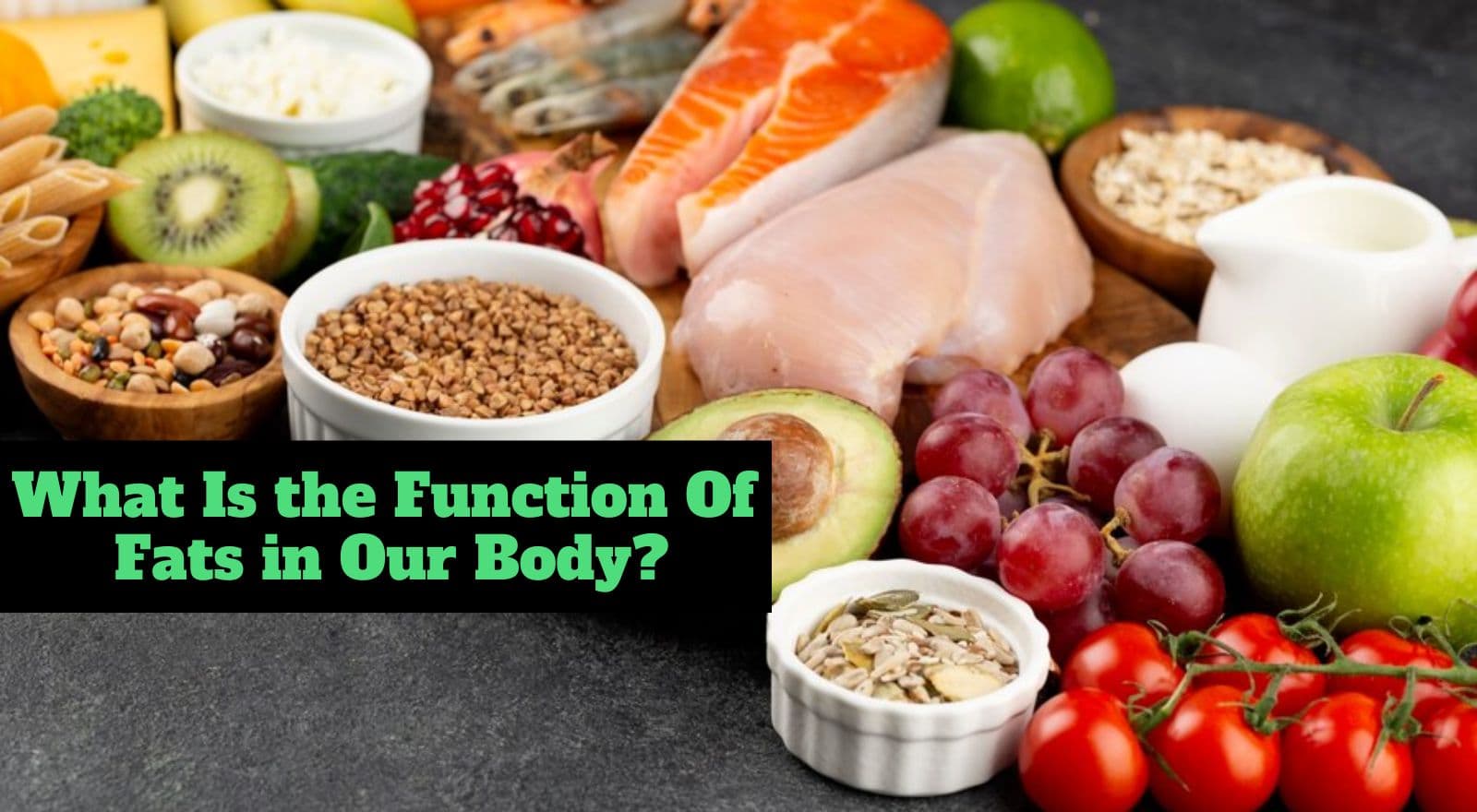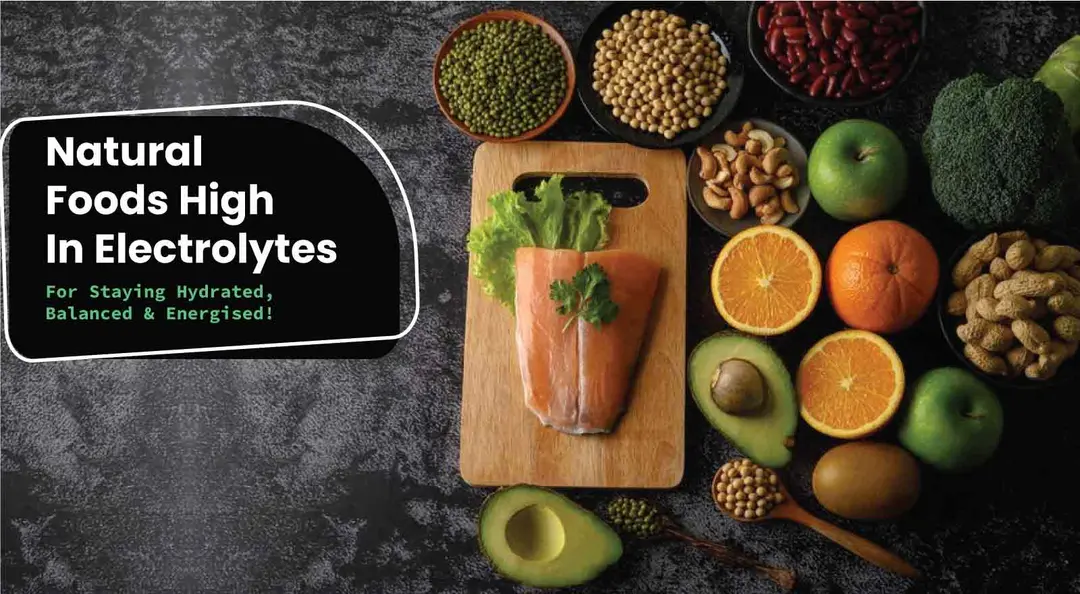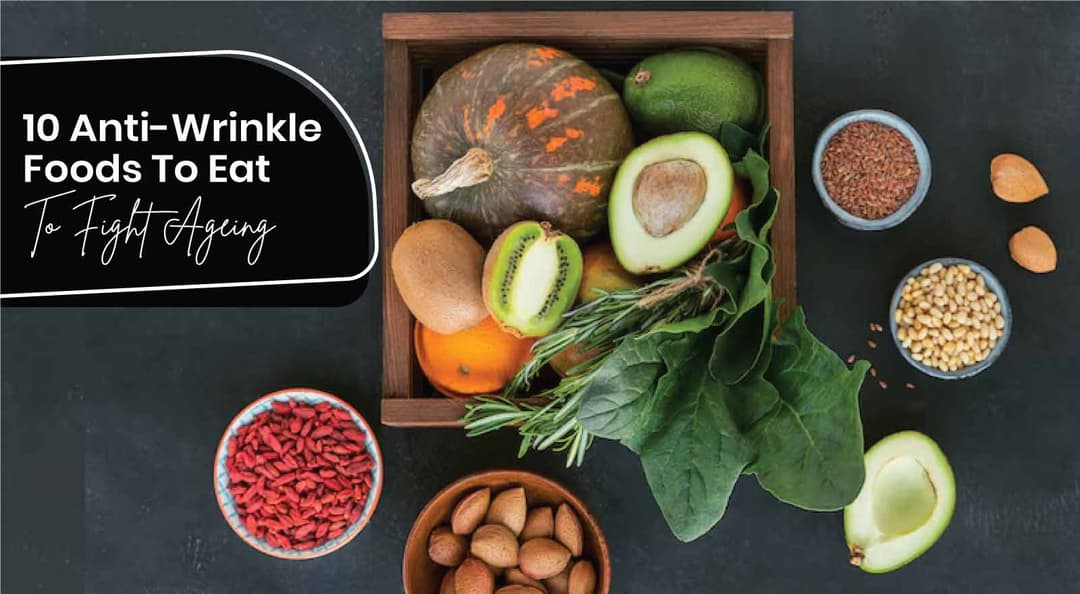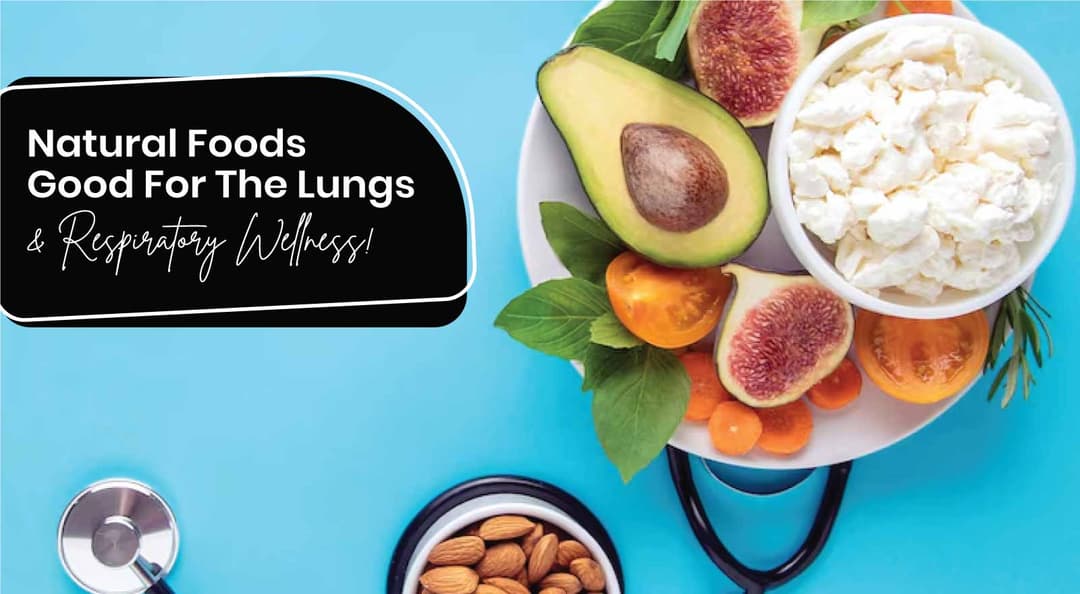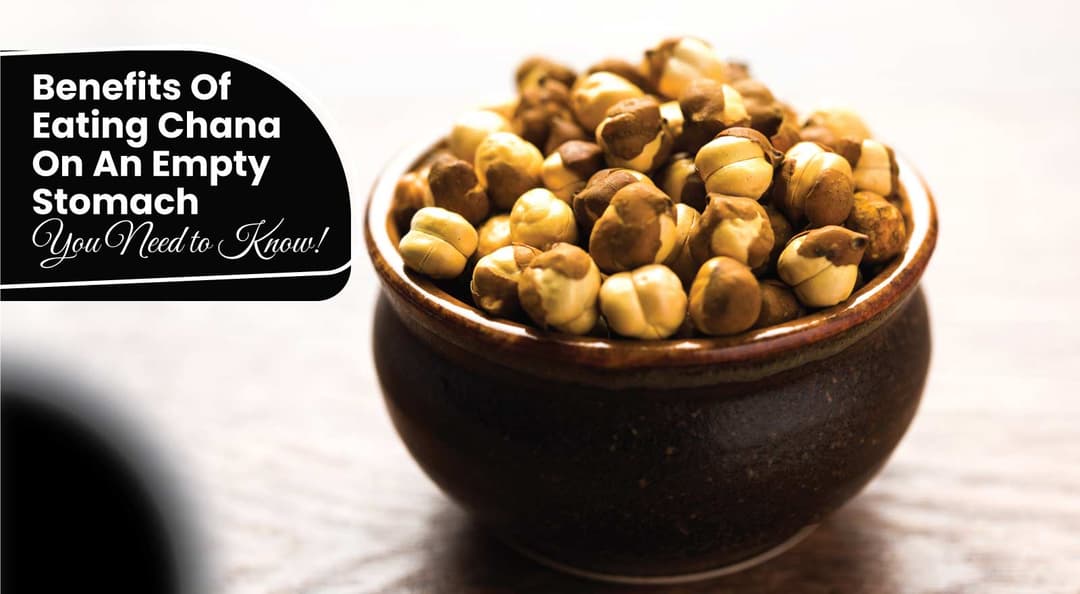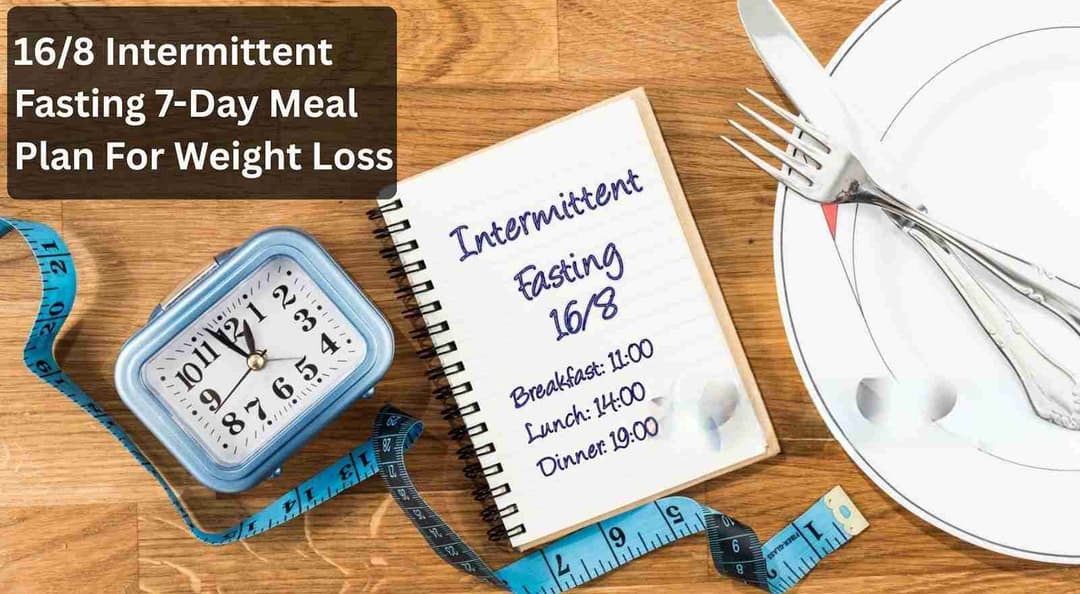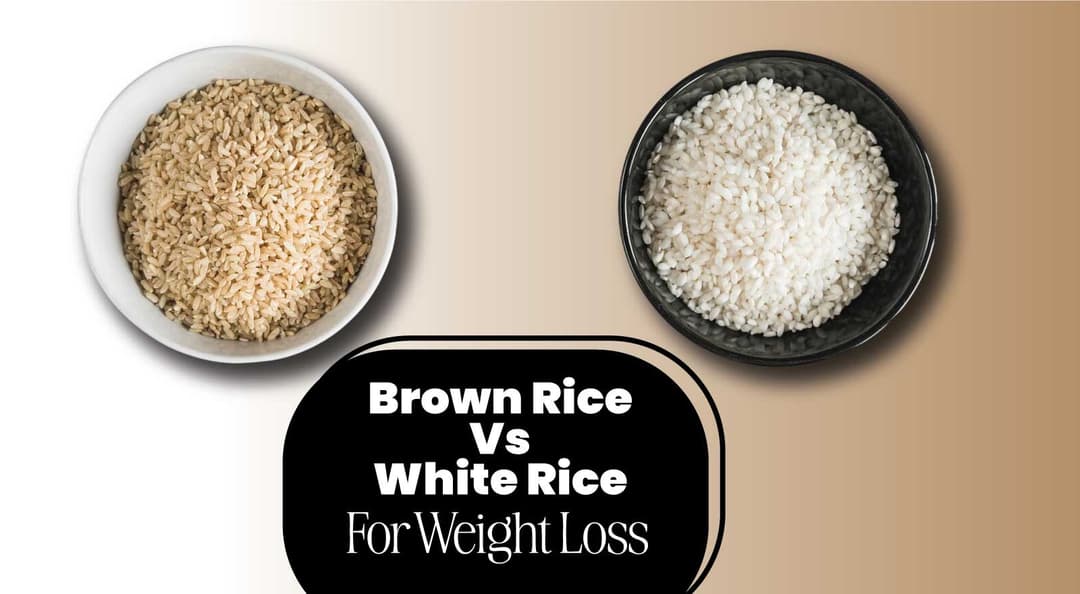Fats are often demonised in diet cultures, but they are an integral part of supporting necessary body functions and are a vital component of a diet that is healthy and balanced.
However, even though fats are a fundamental part of one’s diet, it’s important to understand the distinction between good fats and bad fats, also called unsaturated fats and saturated fats, respectively.
Fats consist of fatty acids and glycerol molecules, and they play a crucial role in the body by providing a concentrated source of energy. These fatty acids are vital for proper brain function, maintaining cell membrane structure, and supporting overall growth and development. Fats are also required for the absorption of fat-soluble vitamins (A, D, E, K), contribute to hormone production, and help regulate appetite and weight.
In this blog, we’ll dig a little deeper into the function of fats in our bodies and understand their importance. We will also discuss how much dietary fat is required for optimal health.
Table of Contents
- 3 Different Types Of Fats: Unsaturated, Saturated, Trans
- What Are The Main Functions Of Fats In The Body?
- How Much Fat Is Considered Safe To Consume?
- Dietitian’s Recommendation
- The Final Say
- FAQs
- References
3 Different Types Of Fats: Unsaturated, Saturated, Trans
Fat is one of the three main macronutrients (the other two are protein and carbs), and it's made up of fatty acids and glycerol. Based on their chemical structure, fats can be split into two types, saturated and unsaturated. Another category of fats is trans fat, which is found predominantly in ultra-processed foods.
- Unsaturated fats are healthy fats found in foods like olive oil, avocados, and nuts. They help lower bad cholesterol and support heart health. Unsaturated fats include both monounsaturated and polyunsaturated fats.
- Saturated fats are typically found in animal products like butter, cheese, and fatty meats. Too much of them can raise bad cholesterol levels, increasing the risk of heart disease.
- Trans fats are found in processed foods. They raise bad cholesterol (LDL) and lower good cholesterol (HDL), increasing the risk of heart disease. It's best to avoid them.
But here's the kicker—every gram of fat packs a punch with 9 calories, which is more than double what you get from protein or carbs (4 calories per gram). So, it’s kinda like a double-edged sword—fat is essential for energy and health, but too much of it can lead to weight gain over time, especially saturated fats.
Also Read: Brown Fat Vs White Fat: Meaning, Differences & How To Turn To The Good Side?
What Are The Main Functions Of Fats In The Body?
Are fats good for you? Yes, fats are important for various biological functions. Here are some of them:
1. Provides Energy
Fats are a direct and the most concentrated source of energy in our diets, providing 9 kcal per 1 gram consumed. This is more than twice the energy content of proteins or carbohydrates (4 kcal per gram) and more than four times the energy fibre content (2 kcal per gram).
This makes them an efficient fuel for the body, especially during longer periods of physical activity or when carbohydrates are low, as fats are stored in the body and can be tapped into when needed for sustained energy.
Also Read: Body Fat Percentage For Abs: Know the Ranges For Abs Visibility In Men & Women!
2. Nutrient Absorption
Fats are critical in the absorption of fat-soluble vitamins A, D, E, and K. Without fats, these vitamins would not be properly absorbed and utilised by the body, and functions like immune health, skin protection, and bone strength would be negatively affected.
3. Cell Structure
Fats form cell membranes, which help protect the inside of the cell from the outside. These fats give the membrane flexibility, changing shape and allowing the cell to work properly. They also help control the movement and transportation of nutrients and waste in and out of the cell, ensuring it stays healthy and does its job right. Without fats, the cell wouldn’t be able to keep its structure or respond to changes.
4. Hormone Production
Fats also play an important role in the production of important hormones that regulate important functions like metabolism, reproduction, and inflammation.
Also Read: Diet For Hormonal Imbalance: Fix Your Hormones With These Key Nutrients And 8 Vital Foods
5. Cholesterol Control
Unsaturated fats or good fats help reduce bad cholesterol like LDL in the body. In addition, it also increases the amount of good cholesterol, such as HDL, in our body, thereby helping reduce the risk of cardiovascular disease and stroke.
6. Brain Function
Nearly 60% of our brain is made up of fats, which is why sufficient intake of fat (mostly essential fatty acids) is necessary for building and maintaining brain cells, supporting memory, learning, communication between brain cells, and overall cognitive function.
If your body has a lack of healthy fats, then it can negatively impact brain development and mental well-being.
7. Protect Organs and Insulate the Body
Fat is like cushions for the body, providing a protective layer around our internal organs, helping to absorb shock and reduce the risk of injury. Not just that, it also serves as insulation, keeping the body warm by trapping heat and maintaining a stable body temperature, which is especially important for colder weather.
Also Read: What Is Your Ideal Percentage Of Body Fat? Get The Answer Here!
How Much Fat Is Considered Safe To Consume?
The general guidelines for the safe amount of fat to consume are:
- Total fat should make up about 20% to 35% of your daily calories. This means that if you're eating 2,000 calories a day, 400 to 700 calories should come from fats, and since 1 gram of fat has 9 calories, this would be about 44 to 78 grams of fat per day. depending on your total calorie intake.
- Saturated fats should ideally be limited to less than 10% of total daily calories. This equals about 20 grams of saturated fat for a 2,000-calorie diet.
- Trans fats should be avoided as much as possible, as they can increase bad cholesterol levels and contribute to heart disease.
It’s best to focus only on healthy fats from sources like avocados, nuts, seeds, and oily fish while minimising saturated and trans fats. And remember: moderation is key!
Also Read: 25 Heart-Healthy Foods to Nourish Your Health And Satisfy Your Taste Buds
Dietitian’s Recommendation
Fats are a necessary nutrient in our diet that performs various important bodily functions, making them an important dietary component along with protein and carbohydrates. So, incorporate healthy fats, like those from avocados, seeds, nuts and olive oil, into your diet while limiting saturated fats from animal products. As for trans fats found in processed foods, try to avoid them completely.
Remember that moderation is important, and too much fat, even healthy types, can lead to unhealthy weight gain.
Dt. Lavina Chauhan
The Final Say
Some people run away from fats without realising that they play a crucial role in our body by providing energy, helping absorb vitamins, and supporting brain function, cell structure, and hormone production. While they’re essential, it’s important to focus on healthy fats like unsaturated ones and limit saturated and trans fats for your health.
FAQs
1. Which fat is good for health?
The fats that are good for our health are monounsaturated and polyunsaturated fats. They help reduce bad cholesterol in our body.
2. How much fat is healthy per day?
A healthy fat intake is about 20-35% of your total daily calories, which equals around 44-78 grams of fat for a 2,000-calorie diet.
3. Does my body need fats?
Yes, fats are necessary to provide your body's energy and to support cellular function. Diet fats also help the body absorb some nutrients and materials that are important hormones.
References
- https://www.eufic.org/en/whats-in-food/article/facts-on-fats-dietary-fats-and-health
- https://www.geeksforgeeks.org/fats-types-sources/
- https://www.uclahealth.org/news/article/eating-healthy-fats-has-many-benefits
- https://pressbooks.oer.hawaii.edu/humannutrition/chapter/the-functions-of-lipids-in-the-body/
- https://farrington-oils.co.uk/healthy-oil/importance-of-fats/
- https://www.quickobook.com/healthfeed/view/importance-of-fat-in-our-body
- https://www.heart.org/en/healthy-living/healthy-eating/eat-smart/fats/dietary-fats#:~:text=Does%20my%20body%20need%20fats,and%20materials%20of%20important%20hormones.
About ToneOp Fit
ToneOp Fit is a platform dedicated to improving and maintaining good health through a comprehensive range of goal-oriented health plans with up to 3 Coach support. With a range of Weight Management, Medical Condition, Detox Plans, and Face Yoga Plans, the app also provides premium health trackers, recipes and health content. Get customised diet, fitness, naturopathy & yoga plans and transform yourself with ToneOp.












